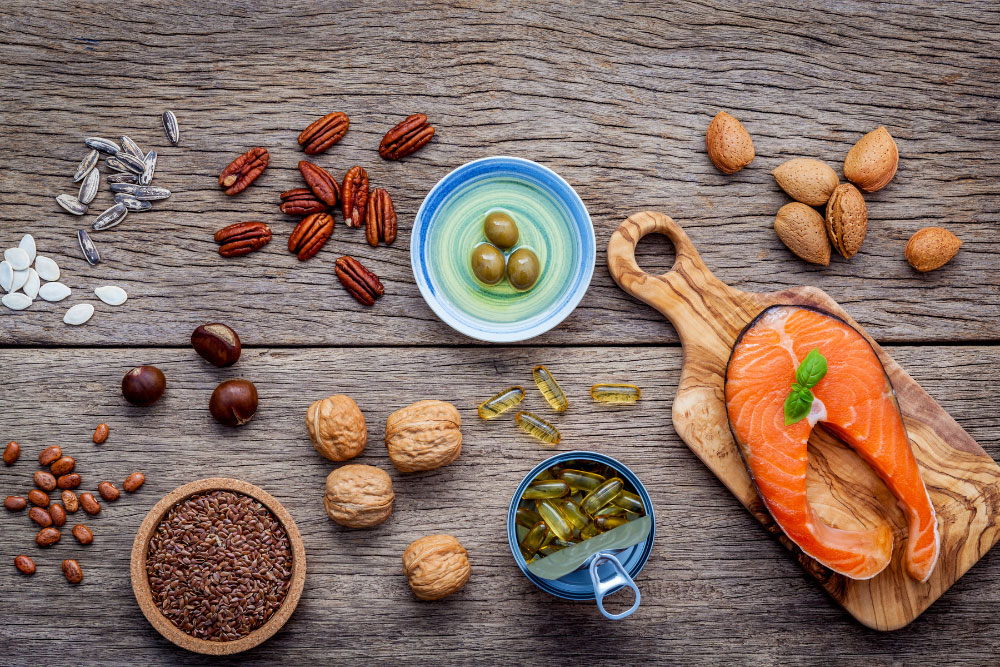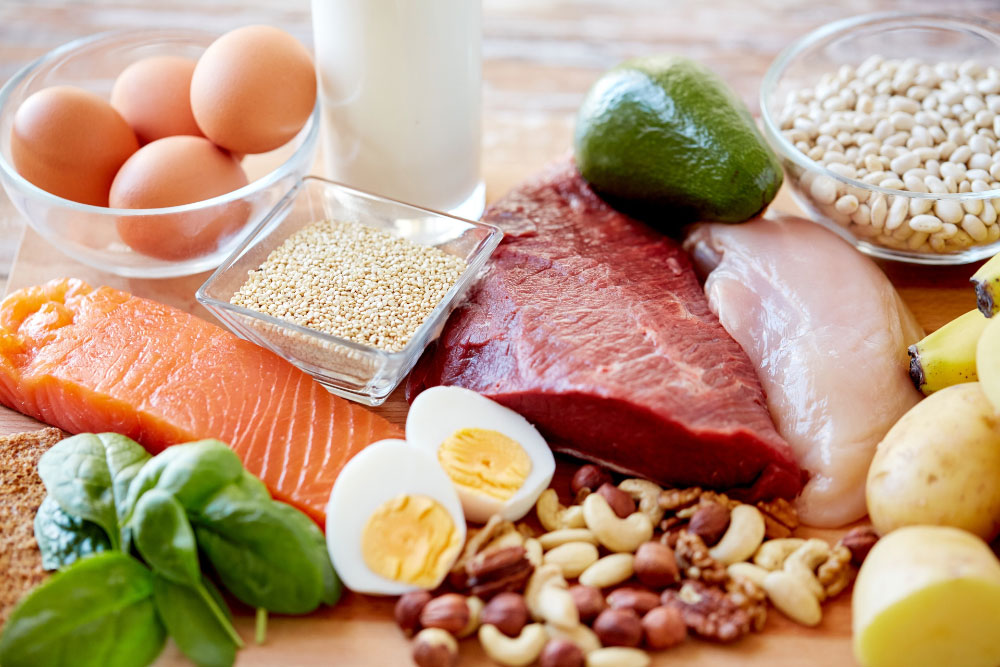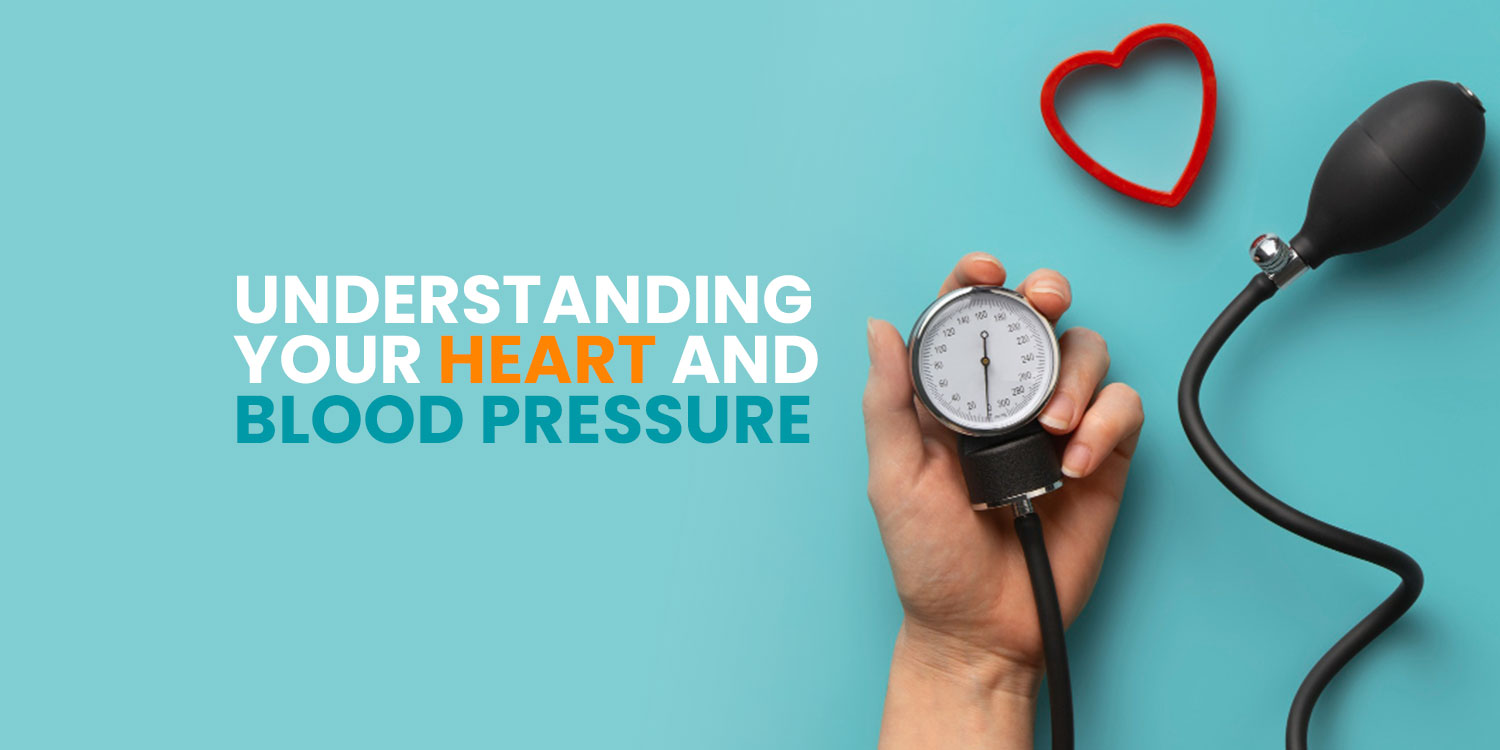How Your Diet Affects ADHD: What to Avoid and What to Eat
Did you know that your diet can have a direct impact on ADHD symptoms? What you eat can influence focus, energy levels, and overall brain function. If you or your child has ADHD, making the right food choices can help manage symptoms and improve daily life. Let’s explore which foods to avoid and which ones can help keep you balanced.
Foods to Avoid
1. Sugar and Processed Carbs
Sugar spikes can increase hyperactivity and inattention, especially in children. When you eat sugary snacks, your blood sugar rises quickly, giving you a burst of energy—only to crash later, leaving you feeling sluggish and unfocused. Studies have shown a potential link between high sugar intake and increased ADHD symptoms in some children (Wolraich et al., 1994). To avoid these highs and lows, limit sugary treats like candy, soda, and pastries. Instead, choose foods that provide steady energy, like whole grains and fiber-rich snacks.

2. Artificial Additives and Preservatives
Some artificial colors, flavors, and preservatives found in processed foods may worsen ADHD symptoms. Research suggests that certain food additives, such as sodium benzoate and artificial dyes like Red 40 and Yellow 5, may increase hyperactivity in susceptible children (Stevens et al., 2011). Try to avoid foods with long ingredient lists filled with artificial additives and opt for whole, natural foods instead.

3. Fast Food and Junk Food
Highly processed foods—such as chips, fried foods, and fast food—are often loaded with unhealthy fats and refined carbs that can contribute to poor concentration and mood swings. They also tend to lack essential nutrients like iron, zinc, and omega-3 fatty acids, which are important for brain health (Howard et al., 2011).

Foods That Help Balance ADHD Symptoms
1. Omega-3 Fatty Acids
Omega-3s are essential for brain health and have been shown to reduce ADHD symptoms, including hyperactivity and impulsivity. They also help improve focus and memory. Clinical trials have demonstrated modest improvements in ADHD symptoms with omega-3 supplementation (Bloch & Qawasmi, 2011). Great sources of Omega-3s include:
- Fatty fish like salmon, mackerel, and sardines
- Flaxseeds and chia seeds
- Walnuts
Adding these to your diet can help support brain function and improve overall mental clarity.

2. Protein-Rich Foods
Protein helps stabilize blood sugar levels and supports neurotransmitter function, which plays a key role in attention and mood regulation. High-protein meals and snacks can also help with focus and concentration (Millichap & Yee, 2012). Try incorporating:
- Eggs
- Lean meats like chicken and turkey
- Nuts and seeds
- Greek yogurt
- Beans and lentils
Eating protein with every meal can provide steady energy and prevent the sugar crashes that lead to hyperactivity or brain fog.

3. Complex Carbohydrates
Unlike refined carbs, complex carbohydrates provide a slow and steady release of energy, helping to prevent mood swings and crashes. Good sources include:
- Whole grains (quinoa, brown rice, whole wheat bread)
- Fruits like apples, pears, and berries
- Vegetables like sweet potatoes and leafy greens
Pairing complex carbs with protein can further help in maintaining stable energy and focus throughout the day.

Final Thoughts
While diet alone won’t “cure” ADHD, it can play a significant role in managing symptoms. Avoiding sugar and processed foods while increasing Omega-3s, protein, and complex carbs can help improve focus, reduce hyperactivity, and create a more balanced energy level.
If you or your child struggles with ADHD, making small, mindful changes to your diet could make a big difference. Try incorporating some of these healthy choices and see how they impact your focus and well-being!
References:
- Bloch, M. H., & Qawasmi, A. (2011). Omega-3 fatty acid supplementation for the treatment of children with attention-deficit/hyperactivity disorder symptomatology: Systematic review and meta-analysis. Journal of the American Academy of Child & Adolescent Psychiatry, 50(10), 991–1000. https://doi.org/10.1016/j.jaac.2011.06.008
- Howard, A. L., Robinson, M., Smith, G. J., Ambrosini, G. L., Piek, J. P., & Oddy, W. H. (2011). ADHD is associated with a “Western” dietary pattern in adolescents. Journal of Attention Disorders, 15(5), 403–411. https://doi.org/10.1177/1087054710365990
- Millichap, J. G., & Yee, M. M. (2012). The diet factor in attention-deficit/hyperactivity disorder. Pediatrics, 129(2), 330–337. https://doi.org/10.1542/peds.2011-2199
- Stevens, L. J., Kuczek, T., Burgess, J. R., Hurt, E., & Arnold, L. E. (2011). Dietary sensitivities and ADHD symptoms: Thirty-five years of research. Clinical Pediatrics, 50(4), 279–293. https://doi.org/10.1177/0009922810384728
- Wolraich, M. L., Wilson, D. B., & White, J. W. (1994). The effect of sugar on behavior or cognition in children: A meta-analysis. JAMA, 274(20), 1617–1621. https://doi.org/10.1001/jama.1995.03530200051036




